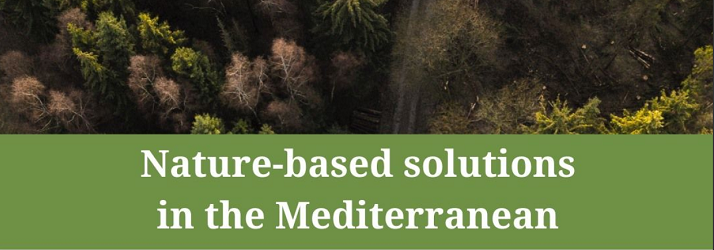Special Feature on conservation of cultural ecosystems ‘The biodiversity and ecosystem service provision of semi-natural anthropogenic ecosystems and natural ecosystems’ is open for abstract submissions until the 30th of November. The goal of this Special Feature is to share and integrate perspectives from natural scientists and social scientists on if and how the biodiversity and ecosystem service provision of semi-natural anthropogenic ecosystems can be conserved.
For more information click here or contact [email protected].

